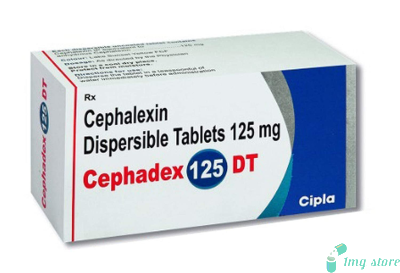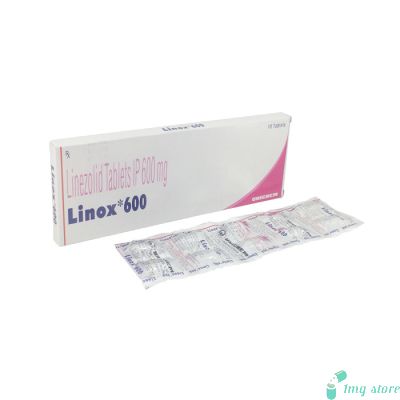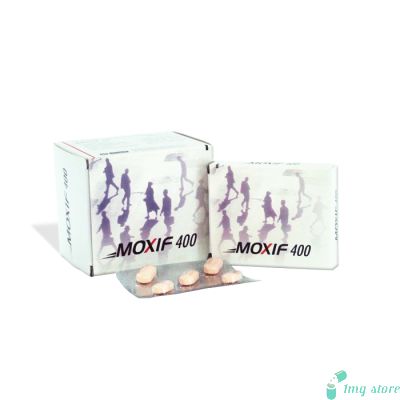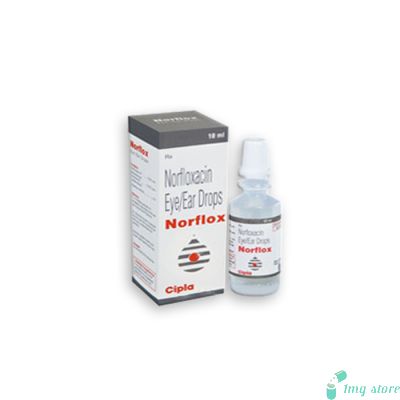Phexin Capsule (Cephalexin)
Cephalexin Capsule, marketed under the brand names Phexin and Keflex, is a widely used antibiotic medication belonging to the cephalosporin class. Cephalexin is prescribed to treat a variety of bacterial infections caused by susceptible microorganisms.
What is Cephalexin Capsule?
Cephalexin, marketed under the brand names Phexin and Keflex, is a widely used antibiotic medication belonging to the cephalosporin class. Cephalexin is prescribed to treat a variety of Bacterial Infections caused by susceptible microorganisms. With its effectiveness, broad spectrum of coverage, and relatively mild side effect profile, cephalexin has become a staple in the medical community's arsenal for combating bacterial infections. In this comprehensive guide, we will delve into the dosage information, uses, side effects, precautions, and potential drug interactions associated with cephalexin. Cephalexin Capsule 500mg, containing the active ingredient cephalexin. This dosage form is commonly prescribed by healthcare providers to treat a variety of bacterial infections, and it's important to follow the recommended dosage and complete the full course as directed.
Dosage Information for Cephalexin:
The recommended dosage of cephalexin varies depending on the specific infection being treated, the patient's age, weight, and overall health. It's crucial to follow your healthcare provider's instructions and the information on the prescription label. Cephalexin is typically available in capsule, tablet, or oral suspension forms.
For most infections in adults and children over 15 years of age, the typical dosage ranges from 250 mg to 500 mg every 6 hours. In more severe infections, the dosage may be increased up to 4 grams per day, divided into multiple doses.
Pediatric dosages are generally based on the child's weight and may range from 25 to 50 mg per kilogram of body weight per day, divided into multiple doses.
Missed Dose:
If you miss a dose of cephalexin, take it as soon as you remember. However, if it's close to the time for your next scheduled dose, skip the missed dose and continue with your regular dosing schedule. Do not take a double dose to make up for a missed one.
Overdose:
In case of an overdose, seek immediate medical attention or contact a poison control center. Overdosing on cephalexin may lead to symptoms such as nausea, vomiting, stomach pain, diarrhea, and potential neurological effects. It's essential to avoid taking more than the prescribed dose to prevent adverse effects and complications.
Cephalexin Capsule for UTI:
Cephalexin capsules are often prescribed by healthcare professionals to treat uncomplicated urinary tract infections (UTIs) caused by susceptible bacteria. The antibiotic properties of cephalexin help target and eliminate bacterial infection, providing relief and promoting recovery.
Cephalexin Capsule Over the Counter:
Cephalexin capsules are not available over the counter; they require a prescription from a licensed healthcare provider. This ensures that the medication is used appropriately, under professional guidance, to treat bacterial infections effectively and prevent misuse or potential antibiotic resistance.
Before taking Phexin Capsule (Cephalexin), it is essential to consider the following precautions:
- Allergies: Inform your healthcare provider about any known allergies to cephalosporins or penicillins, as cross-reactivity may occur.
- Medical History: Provide a comprehensive medical history, including any kidney disorders, gastrointestinal diseases, or previous allergic reactions to antibiotics.
- Pregnancy and Breastfeeding: Consult your healthcare provider before taking cephalexin if you are pregnant, planning to become pregnant, or breastfeeding.
- Driving and Machinery: Cephalexin's potential to cause dizziness or confusion may impair your ability to operate machinery or drive a vehicle safely.
- Drug Interactions: Inform your healthcare provider about all medications, supplements, and herbal products you are taking, as cephalexin may interact with certain drugs.
Cephalexin/Keflex is prescribed for a wide range of bacterial infections caused by susceptible organisms.
- Respiratory Infections: Cephalexin/Keflex is effective in treating infections of the upper and lower respiratory tract, including throat infections, tonsillitis, bronchitis, and pneumonia.
- Skin and Soft Tissue Infections: It is commonly used for treating skin infections such as cellulitis, impetigo, and wound infections.
- Urinary Tract Infections: Cephalexin can be prescribed to manage uncomplicated urinary tract infections caused by susceptible bacteria.
- Bone and Joint Infections: In some cases, cephalexin may be utilized to treat bone and joint infections caused by susceptible organisms.
- Ear Infections: Cephalexin is sometimes prescribed to manage ear infections, particularly in children.
- Other Infections: It may also be used for other bacterial infections, as determined by the healthcare provider.
Crucial Side Effects to Be Observed When Using Phexin Capsule (Cephalexin)
- While cephalexin is generally well-tolerated, like all medications, it can potentially cause side effects. Common side effects may include:
- Gastrointestinal Distress: Nausea, vomiting, diarrhea, and abdominal discomfort are among the most commonly reported side effects.
- Allergic Reactions: Some individuals may experience allergic reactions, ranging from mild rash to severe hypersensitivity reactions such as Stevens-Johnson syndrome or anaphylaxis.
- Yeast Infections: Cephalexin use can sometimes lead to overgrowth of yeast in the body, resulting in oral or vaginal yeast infections.
- Central Nervous System Effects: Rarely, cephalexin may cause dizziness, headaches, or confusion.
- Blood Disorders: In very rare cases, cephalexin could lead to changes in blood cell counts.
It is crucial to contact a healthcare professional if you experience any unusual or severe side effects while taking cephalexin.
Frequently Asked Queries About Phexin Capsule (Cephalexin)
FAQ: Can cephalexin treat urinary tract infections (UTIs)?
Yes, cephalexin is commonly prescribed to manage uncomplicated UTIs caused by susceptible bacteria. It is essential to follow your healthcare provider's instructions and complete the full course of medication for effective treatment.
FAQ: Is cephalexin safe during pregnancy?
While cephalexin is generally considered safe during pregnancy, it's crucial to consult your healthcare provider before taking any medication. They will assess potential risks and benefits to ensure the best course of action for you and your baby.
FAQ: Can cephalexin be taken with food?
Cephalexin can be taken with or without food. Taking it with a meal may help reduce the likelihood of stomach upset. However, always follow your healthcare provider's instructions or pharmacist's recommendations for optimal dosing.
FAQ: Can cephalexin cause sun sensitivity?
Yes, cephalexin may increase sensitivity to sunlight. It's advisable to use sun protection measures, such as sunscreen and protective clothing while taking this medication to minimize the risk of sunburn or skin reactions.
FAQ: Can cephalexin be used to treat viral infections?
No, cephalexin is specifically designed to target bacterial infections and is not effective against viruses. It's essential to use antibiotics only as prescribed by a healthcare provider to avoid unnecessary use and potential antibiotic resistance.
Phexin Capsule (Cephalexin) has the potential to interact with various medications, including:
- Probenecid: May increase cephalexin levels in the blood, potentially leading to an increased risk of side effects.
- Oral Contraceptives: Cephalexin may reduce the efficacy of oral contraceptives. Consider additional birth control methods while taking cephalexin.
- Blood-Thinning Medications: Combining cephalexin with blood-thinning medications like warfarin may increase the risk of bleeding.
- Loop Diuretics: Concomitant use of cephalexin and loop diuretics may lead to increased nephrotoxicity.
- Other Antibiotics: Using cephalexin concurrently with other antibiotics may lead to reduced efficacy or increased risk of side effects.
This is not an exhaustive list of potential drug interactions. Always consult your healthcare provider or pharmacist before starting or stopping any medications while taking cephalexin.
| Manufacturer | : | GSK Pharma, India |
| Equivalent Brand | : | Keflex |
| Generic Search | : | Cephalexin |













